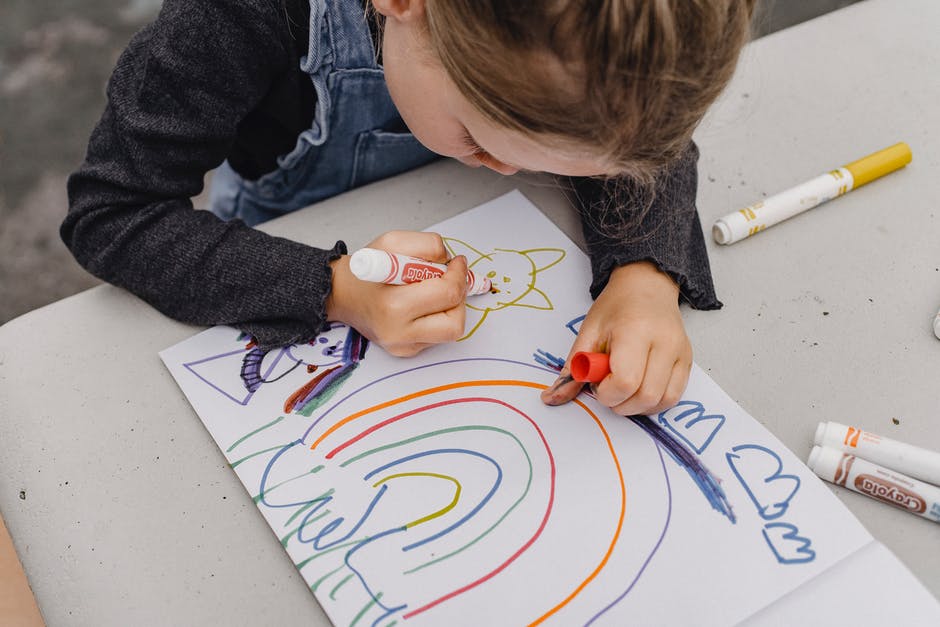Are you a new parent? If so, then you understand the anxiety of trying to make sure that your child grows up as healthy and happy as possible.
That’s why it’s so important to educate yourself about healthy emotional attachment, childhood cognitive skills, and other aspects of prenatal development and infancy.
Fortunately, you’ve come to the right place for help. This article takes a look at the developmental psychology stages of early childhood. Keep reading to get the inside scoop on how to make sure that your child is progressing in a normal and healthy way over the first few years of his or her life.
Trust vs Mistrust
The first stage in childhood development occurs between birth and 12 to 18 months of age.
During this stage, you’ll likely notice that your baby is totally dependent on you for absolutely everything. This includes food, shelter, comfort, and warmth.
Keep in mind that beyond meeting their physical needs, cuddling your infant is incredibly important so that they can develop a healthy sense of security and parental attachment.
Autonomy vs Shame and Doubt
Stage 2 of their development is from 18 months to 3 years of age. During this period of time, your toddler will begin to assert their independence.
You’ll also notice that your toddler has developed specific food preferences, thus you should allow them to choose their snacks, as well as to pick the shirts they want to wear, even if their choices don’t match. This freedom to make decisions is incredibly important for developing a healthy sense of autonomy.
Initiative vs Guilt
During stage 3, from 3 to 5 years of age, your child will develop their social skills. This period of development is significant because they will improve their abilities to make new friends, achieve goals, and begin taking responsibility for their actions.
It’s important to give them the freedom to explore the world within the limits that you establish.
This is also a period of time when they will ask lots of questions and being testing boundaries, so be prepared to be patient as their individuality begins to really shine.
It’s also important to consider therapy for children.
Industry vs Inferiority
Stage 5 is from about 5 to 12 years of age. During this stage, your child will learn lots of new skills. They will start comparing themselves to others and become more and more influenced by the culture as well as peer pressure.
Identity vs Confusion
During stage 5, your child will enter the very confusing part of life called adolescence. This is another stage where your patience will be put to the test, as your child challenges you more and more, as their sense of identity goes to a whole new level.
A Guide to the Developmental Psychology Stages of Early Childhood
Raising a child isn’t easy. Fortunately, this guide to the developmental psychology stages of children will help you provide the care your child needs to grow into a healthy and happy young person.
Keep scrolling to discover more great parenting and lifestyle advice on our blog.
